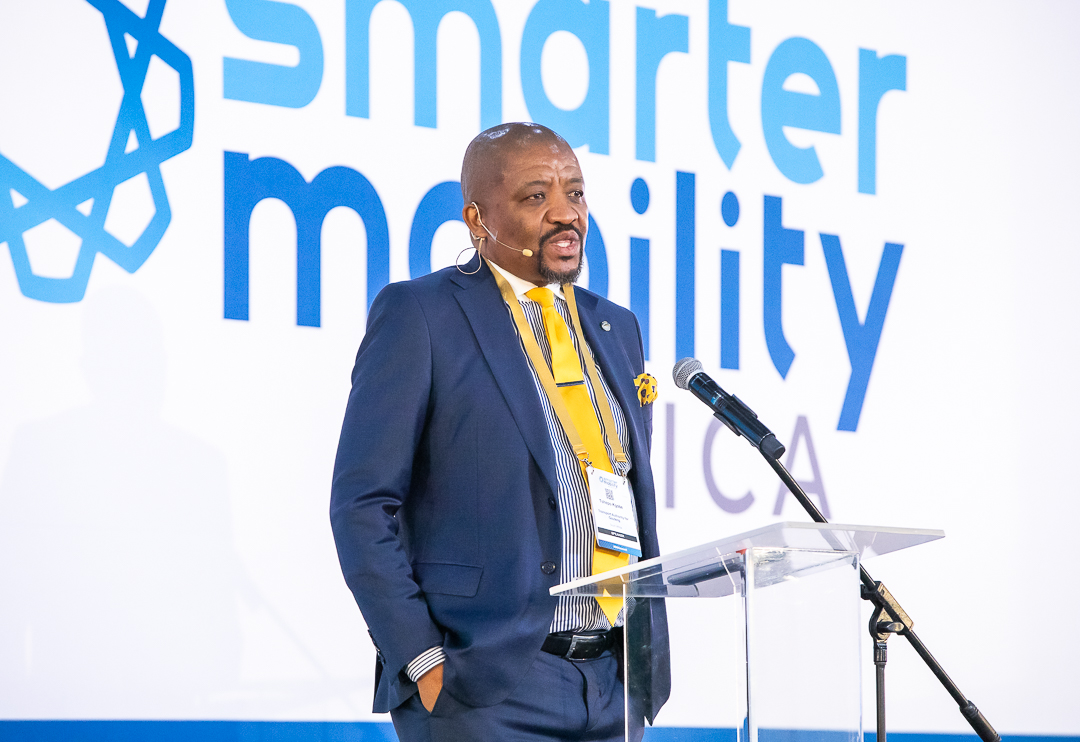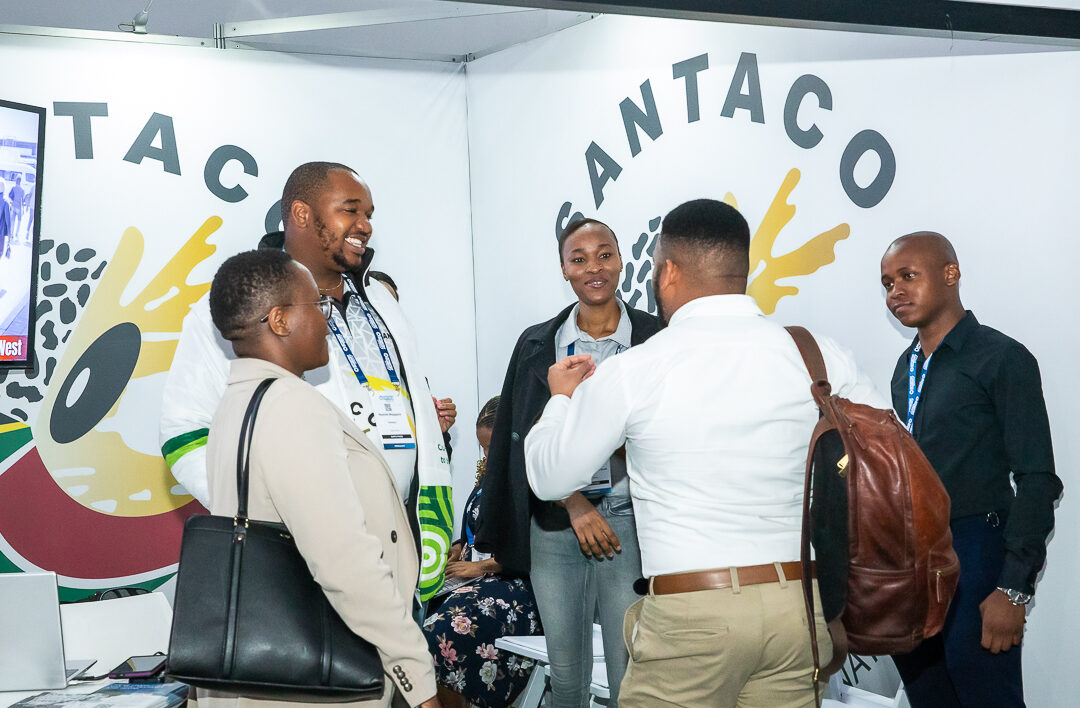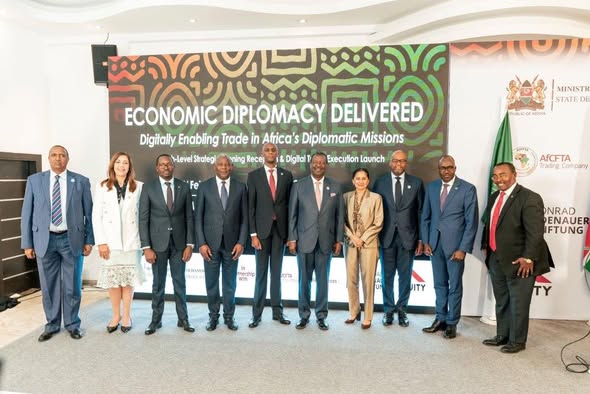Smarter Mobility Africa 2025: Shaping the Future of Transport through Technology and Collaboration

The vibrant gathering in Johannesburg saw leaders from across the continent come together to discuss the pivotal role of mobility in shaping our cities and economies
Smarter Mobility Africa 2025 kicked off with an engaging keynote session, setting the stage for a transformative dialogue on the future of transport in Africa. The vibrant gathering in Johannesburg saw leaders from across the continent come together to discuss the pivotal role of mobility in shaping our cities and economies. The keynote session was both an acknowledgment of the hard work of those in the transport sector and a call to action for continued innovation and collaboration.
One of the key takeaways from the session was the emphasis on the challenging nature of the transport industry. Ben Pullen, Group Director Mobility at VUKA Group, the organiser, highlighted the demanding environment that professionals in transport face, noting the long hours and complex political dynamics that often accompany their work. “Transport is not just about moving people and goods; it’s about connecting communities and driving economic growth,” Pullen stated. This sentiment resonated with many attendees, underscoring the sector’s critical importance to the continent’s development.

Mmatshikhidi Rebecca Phala, the National Spokesperson for SANTACO, delivered an inspiring message, highlighting the crucial role of the minibus taxi industry in South Africa. As the first woman to hold this position, she emphasized the industry’s commitment to creating a smarter, greener, and safer future for all. “For us, mobility is not just transport. It is access, dignity, and daily service to the nation,” she stated. Phala acknowledged the challenges faced by the industry, such as violence and regulatory issues, yet emphasized SANTACO’s pro-active steps toward innovation and collaboration. By embracing smart technologies and green energy solutions, they aim to modernise operations and enhance commuter safety. Tshepo Kgobe, a partner with Gautrain, praised SANTACO, saying, “They’ve taught us a lot… through collaboration,” underscoring the importance of working together to transform informal transport systems effectively.
” Transport is not just about moving people and goods; it’s about connecting communities and driving economic growth “
The event further highlighted the vital role of partnerships in advancing smart mobility solutions. The collaboration between the Transport Authority of Gauteng and Gautrain was showcased as a model for enhancing regional connectivity. Both organistions led by the impressive Tshepo Kgobe, who exemplifies a commitment to enhancing connectivity and efficiency in regional transport systems. His dual position highlights the importance of integrated strategies in addressing the challenges of urban mobility, and underscores the potential for public and private entities to work together to create more efficient and sustainable transport networks.
The session also welcomed insights from Dominic Wilhelm, Executive Director of The Global Trust Project. Wilhelm emphasized the critical role of trust in building a sustainable future, noting, “When stakeholders trust each other, they are more willing to share resources, insights, and risks. This trust is what enables us to work together towards a common goal of creating smarter, more connected cities.” His words underscored the event’s theme of fostering partnerships and the belief that trust is essential for uniting diverse stakeholders.
Visa’s innovative ticketing solutions were another focal point, demonstrating how technology can simplify and enhance the user experience in public transport. By streamlining payment systems, these solutions promise to make transport more accessible and efficient for all users. This technological advancement is a testament to the power of innovation in addressing everyday challenges in urban mobility.

Attendees were particularly inspired by the Johannesburg Road Agency’s initiatives to integrate IoT technologies into urban infrastructure. This move towards smarter, data-driven systems is expected to significantly improve the efficiency and effectiveness of city planning and management. Tshepo Kgobe, remarked, “The integration of IoT is not just an upgrade; it’s a necessity for the future of our cities. It allows us to make informed decisions that can lead to more sustainable and livable urban environments.”
The keynote session concluded with a call to action, encouraging stakeholders to prioritise investment in digital infrastructure and to embrace data analytics for improved decision-making. The strategic insights offered during the session provide a roadmap for industry stakeholders, highlighting the need for continued innovation and collaboration to achieve a sustainable and efficient transport future for Africa.
Smarter Mobility Africa is hosted 01-02 October 2025
Sandton Convention Centre, Johannesburg
https://apo-opa.co/4mLurr8





